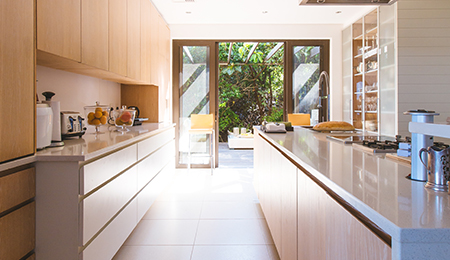If you’re in the process of buying a home, what kind of inspections should you order during the contingency period?
A lot of agents will hire a general home inspector during this time and proceed based on their report, but the situation isn’t always as cut and dry as that. What kind of specific inspections should you order to guarantee there are no surprises after escrow closes, then? To give you an idea, I’ll tell what kind of inspections my team and I order for our buyers in this situation.
If you’re looking to buy a condo, the answer is pretty straightforward. You don’t own the exterior of the building and the roof and foundation are likely owned by the homeowners association, so you really only need a general inspection. That being said, if our buyer’s inspector recommends that we hire an electrician, plumber, etc., to address any issues they can’t identify, we’ll take that next step.
If you’re buying a single-family property, things get a little trickier. We do a minimum of three inspections for our buyers in this situation—especially if the home was built before the year 2000. The first is the general inspection, which will help us understand the inner workings of the property. Next, we’ll order a roof inspection—a roof is an expensive item, so you definitely want to know if there are any problems with it.
After that, we’ll order a sewer line inspection. This is an inspection that very few agents do, but if you’re buying an older home, you need to understand that, up until the point that it connects to the city, your home’s sewer line is your responsibility.
Again, if the general inspector finds a problem with the electrical or plumbing system, they may recommend a specialist, but these are the three inspections we start with.
If you have any more questions about this topic or you have a topic in mind you’d like to see me address in a future video, don’t hesitate to reach out to me.



